Stress is mounting on the NCAA.
On Monday, the Nationwide Labor Relations Board instructed gamers on the Dartmouth males’s basketball staff that they match the definition of a college worker. The next day, a federal decide wrote that the Tennessee legal professional basic is “prone to succeed on the deserves” of a declare that the NCAA cannot legally punish gamers or their colleges for negotiating title, picture and likeness offers throughout their recruiting course of.
Each circumstances are a good distance from their end traces. Neither is essentially destined to be the singular knockout punch for the NCAA or its present enterprise mannequin. Nevertheless, they signify two recent reminders that the partitions are closing in on what stays of amateurism in faculty sports activities.
The NCAA is going through threats to its established order on no less than 4 fronts. These myriad efforts generally overlap and generally contradict one another. The NCAA is preventing in courtroom and lobbying Congress to protect some items of school sports activities whereas weighing rule adjustments of its personal. It is lots to maintain monitor of, so here is a crib sheet that can assist you out.
The most recent on NLRB circumstances
The federal company that oversees collective bargaining rights for workers of personal American corporations is within the midst of two circumstances involving faculty athletes. In New Hampshire, Dartmouth’s basketball gamers cleared the primary main hurdle towards becoming a member of a union. In Los Angeles, the NLRB will resume an analogous trial later this month on behalf of soccer and basketball gamers at USC.
Directors at Dartmouth mentioned they plan to attraction this week’s resolution to the NLRB’s nationwide board — a course of that would take greater than a 12 months to resolve. In 2014, an NLRB regional director dominated that Northwestern soccer gamers had been workers, however an attraction by the college finally derailed the gamers’ effort to unionize.
Why may this time be extra profitable for the gamers? The authorized and public notion of school athletes has definitely shifted (extra on that under). However extra importantly, the board punted a choice within the Northwestern case, largely, as a result of Northwestern’s Large Ten friends had been public establishments, which have totally different legal guidelines for collective bargaining exterior the NLRB’s purview. The board did not need to create an unfair market wherein just one staff had gamers that would discount as workers. Dartmouth gamers within the all-private-school Ivy League wouldn’t face the identical subject.
Dartmouth’s gamers mentioned in a press release this week they intend to type a gamers’ affiliation for all Ivy League gamers, and so they hope athletes throughout the nation “shall be impressed to comply with go well with.”
In Los Angeles, the claimants try a brand new technique to keep away from the variations between private and non-private colleges. They argue that athletes are usually not solely workers of their faculty, however of their convention and the NCAA — each of that are personal establishments underneath the NLRB’s purview. If profitable, their declare might set a extra impactful precedent for the wealthiest conferences, all of that are composed largely of public colleges.
Antitrust arguments
No nook of the justice system has performed extra to erode the NCAA’s amateurism guidelines than antitrust lawsuits. After defeats in main paradigm-shifting circumstances reminiscent of O’Bannon and Alston, which established that the Supreme Courtroom not considered faculty sports activities as absolutely immune from the principles that regulate different industries, the NCAA is presently defending 4 totally different antitrust circumstances immediately associated to compensating athletes (along with one other case attacking its switch guidelines).
Some — Home v. NCAA and Hubbard v. NCAA — are primarily monetary threats to the NCAA’s future, claiming that former athletes deserve some compensation for the alternatives they had been denied earlier than NIL and academic-based fee rule adjustments. The Home case, which is far additional alongside within the authorized course of than Hubbard, is scheduled to go to trial in January 2025. If the plaintiffs are profitable, it might price the NCAA and its colleges billions of {dollars}.
That looming, devastating price ticket might find yourself being the leverage that athletes must power collective bargaining or an employment mannequin. If the NCAA desires to settle the case earlier than it’s probably ordered to pay billions, it will seemingly need to conform to some new enterprise mannequin within the course of.
Two different antitrust circumstances, together with the one filed final week by the Tennessee and Virginia attorneys basic, are taking purpose at what stays of the NCAA’s pay restrictions. One case, in its starting levels, led by Duke soccer participant Dewayne Carter, argues it is unlawful for the NCAA to put any restrictions on how colleges compensate their athletes.
Within the different case, Tennessee and Virginia argue the NCAA’s guidelines that prohibit the utilization of NIL offers as a recruiting inducement are unfairly limiting athletes’ full potential to earn a living from boosters. The preliminary criticism mentioned the NCAA’s present set of NIL guidelines “prohibits potential faculty athletes and collectives from open and clear interactions referring to NIL compensation and thus denies these athletes the power to successfully negotiate their NIL rights on the very time they’d greatest have the ability to maximize the worth of these rights.”
A decide denied a request earlier this week to take away the NCAA’s NIL restrictions whereas the case is pending. However in his denial, the decide wrote that he noticed enough proof within the preliminary claims that present NCAA guidelines are “analogous to an absolute ban on aggressive bidding, which the Supreme Courtroom discovered to be anticompetitive ‘on its face.'”
Testing the Honest Labor Requirements Act
A separate battle to declare faculty athletes as workers is underway in Philadelphia. Former Villanova soccer participant Trey Johnson has filed a lawsuit claiming that faculty athletes meet the definition of workers underneath a separate a part of American legislation — the Honest Labor Requirements Act (FLSA).
Not like within the NLRB circumstances, Johnson v. NCAA doesn’t handle the correct to type a union, however argues that athletes ought to obtain sure rights as workers — together with an hourly wage.
The case has been ready for practically a 12 months on a ruling from the Third Circuit Courtroom of Appeals after a listening to final February. The NCAA is making an attempt to get the case dismissed based mostly on precedent set in previous circumstances, when the affiliation efficiently argued the distinctive nature of school sports activities makes it pointless to use the standard FLSA exams to find out worker standing.
The pending resolution is barely an middleman step in a case that’s prone to take months or years to succeed in a conclusion. Nevertheless, if this appeals courtroom decides in favor of the athletes, it might sign some type of worker standing is inevitable, including one other stress level for the NCAA or a few of its colleges to make main adjustments earlier than the case reaches an official conclusion.
State legislation adjustments
State lawmakers are additionally chipping away on the affiliation’s capacity to implement NIL-related guidelines.
Six states handed legal guidelines in 2023 that in some type prohibit the NCAA from penalizing athletes or colleges for NIL rule violations. Most of these legal guidelines additionally make it simpler for colleges to assist athletes discover or fulfill NIL offers. The NCAA and its member colleges initially tried to keep away from serving to athletes discover offers immediately on account of issues that courts would interpret the transfer as a artistic workaround to using gamers.
Not less than 5 different states are shifting to implement comparable legal guidelines this 12 months, together with Oregon, the place a brand new invoice was launched earlier this week. Max Forer, a former Oregon soccer participant who now leads the sports activities division of the Miller Nash legislation agency, testified in assist of the invoice Tuesday. He instructed ESPN that adjustments to state legal guidelines — fueled by colleges who need to do extra to assist their athletes — could find yourself having as a lot influence as federal circumstances in forcing the NCAA to alter its present system.
“State legislation evolution is eroding the NCAA’s capacity to penalize or implement their guidelines in the best way they’d wish to,” Forer mentioned. “They cannot use their energy to punish colleges which might be attempting to assist athletes. The state legislation piece is the piece the NCAA by no means actually considered.”
Each the NCAA’s nationwide workplace and particular person conferences and colleges have tried to fend off state legal guidelines by asking Congress for a uniform federal legislation that reaffirms its capacity to implement guidelines and establishes that athletes shouldn’t be workers of their faculty. The NCAA says lots of its colleges couldn’t afford to pay athletes as workers, and that worker standing might result in a bevy of recent issues (employee’s compensation, Title IX laws and visas for worldwide college students, to call a number of) for his or her athletic departments.
Whereas many leaders in faculty sports activities imagine Congress stays their greatest hope for a manageable path ahead, the affiliation has made little tangible progress after a number of years of lobbying for a federal legislation. The result’s a high-stakes, slow-motion race for the NCAA to persuade Congress to behave earlier than the mounting stress from all its authorized woes forces a change.
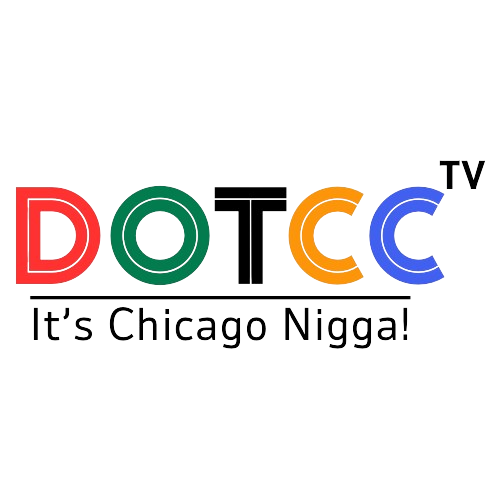
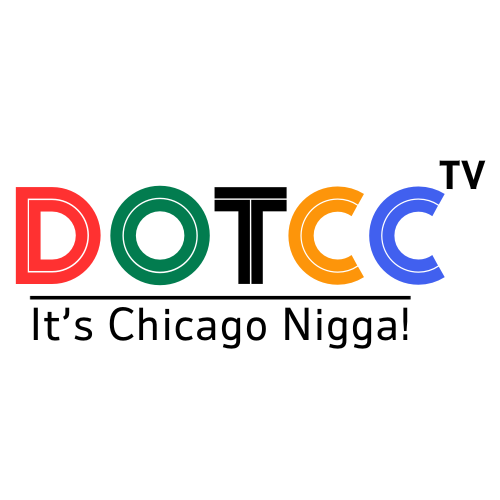
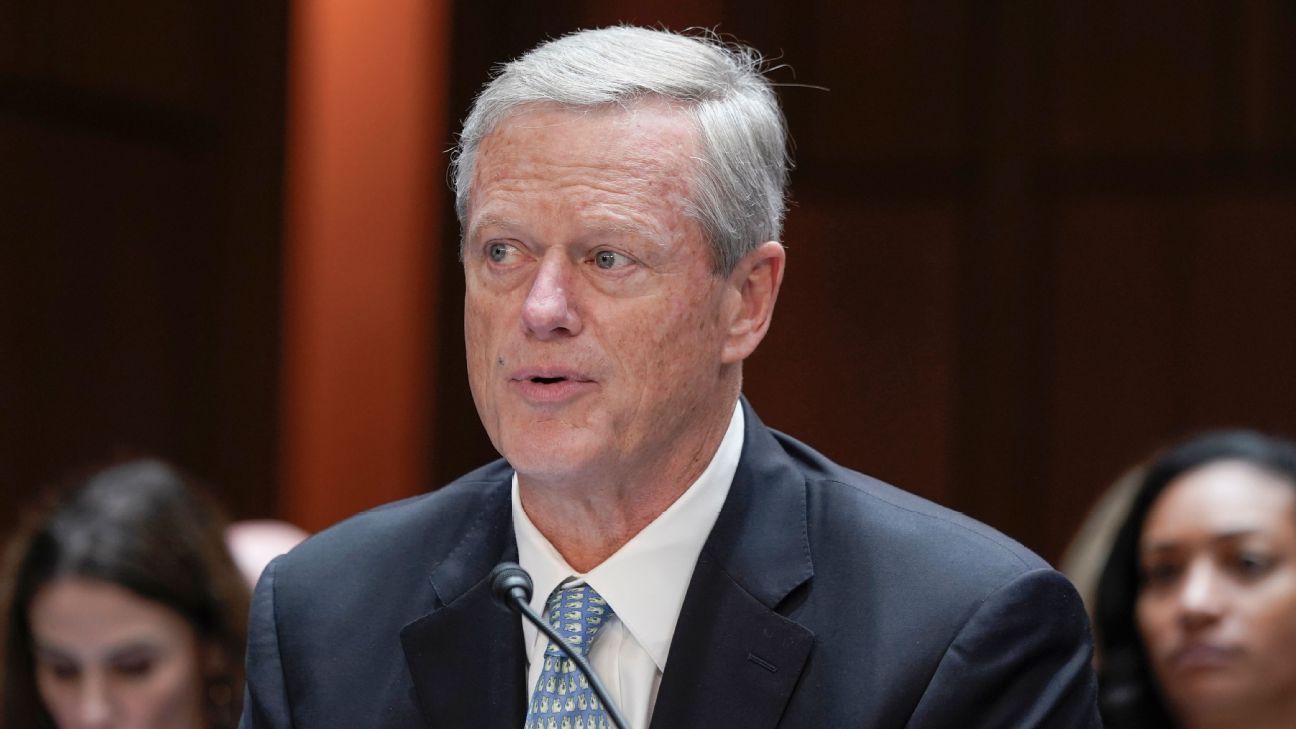
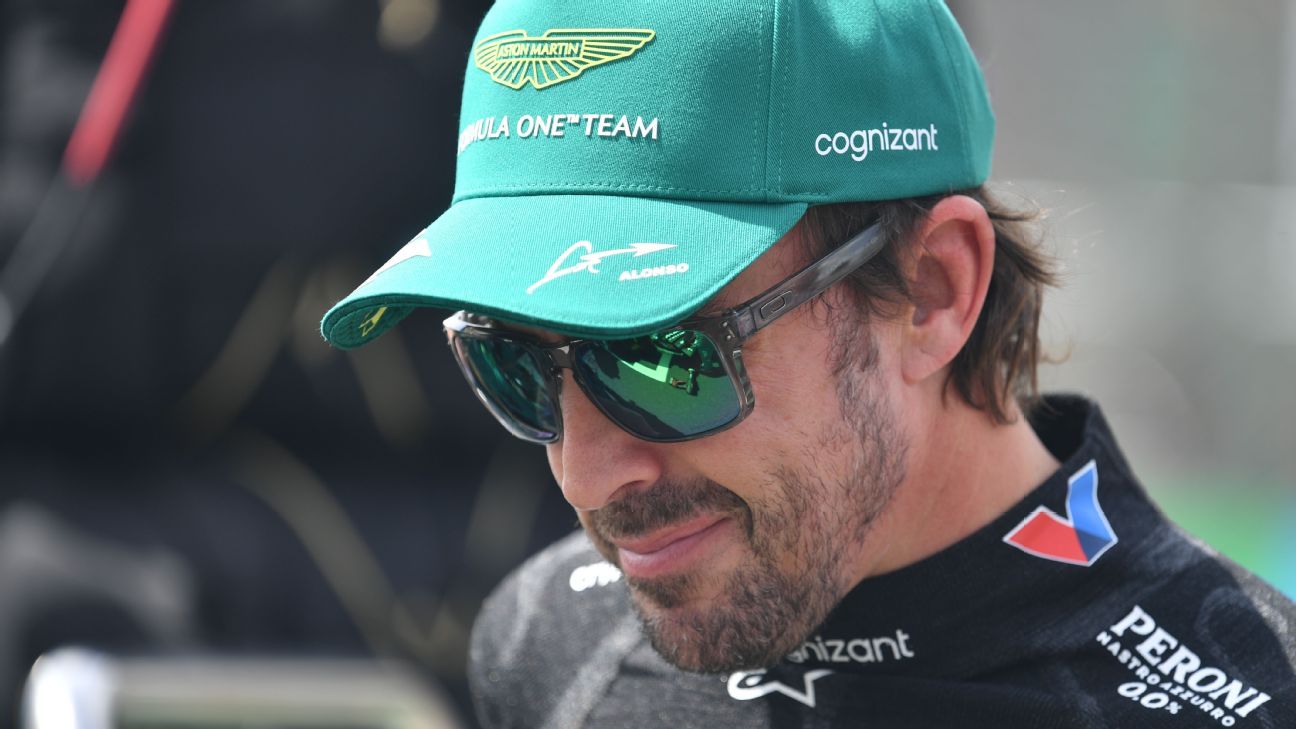
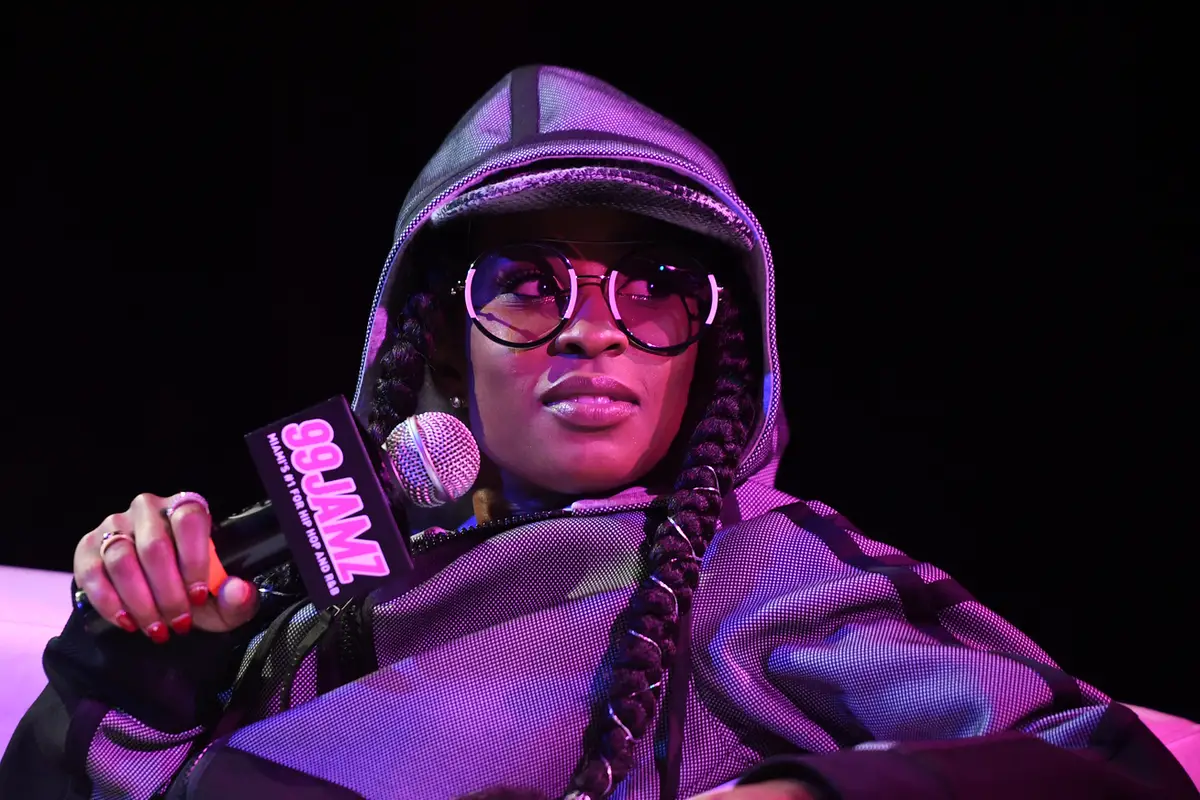
:max_bytes(150000):strip_icc()/beef_stroganoff_072_0-1-14b979e7e0e943e0bea96ca93d54ef06.jpg)